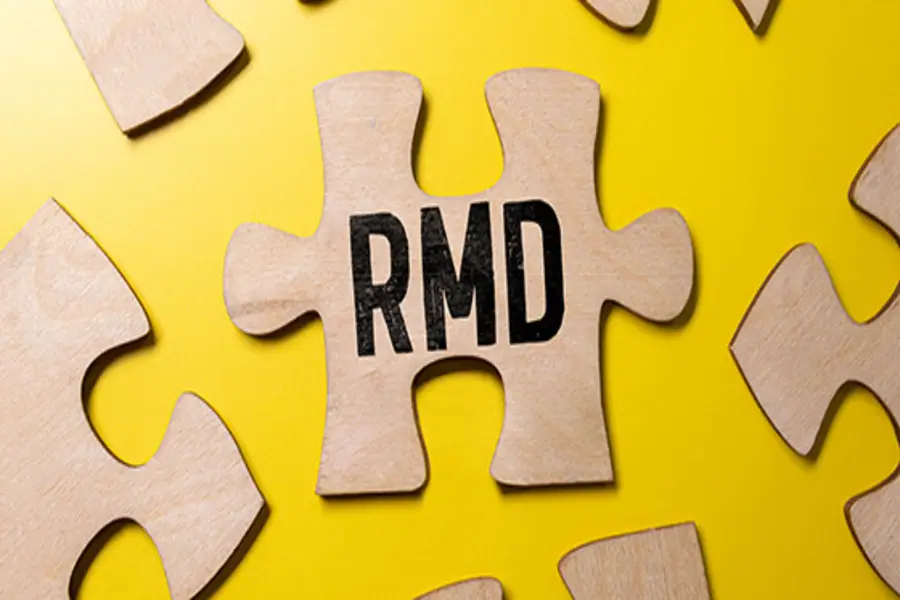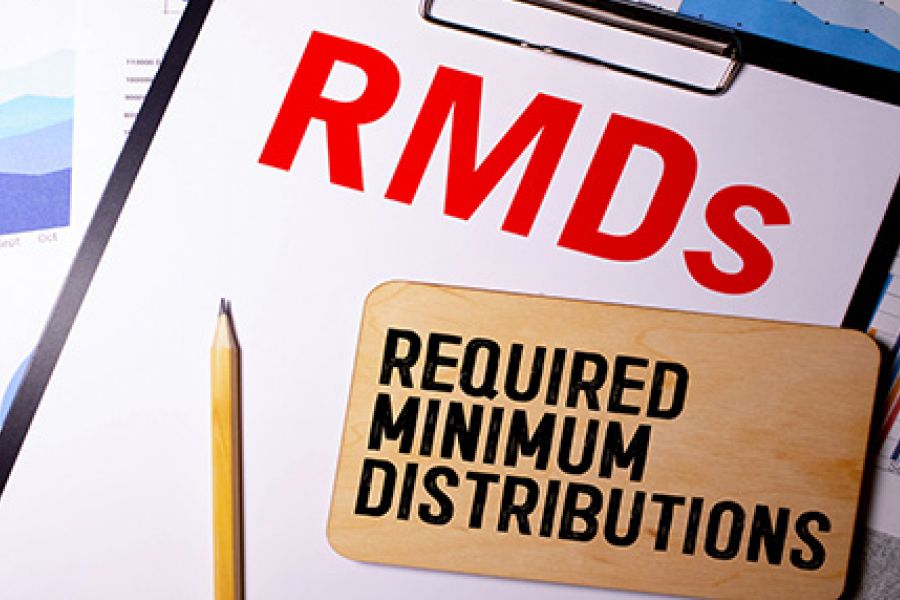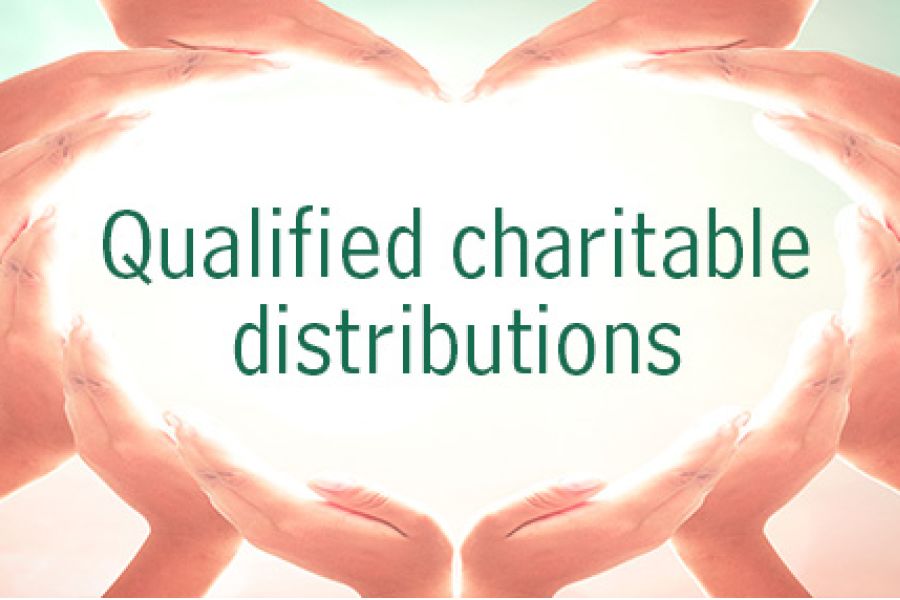If you have a tax-favored retirement account, including a traditional IRA, you’ll become exposed to the federal income tax required minimum distribution (RMD) rules after reaching a certain age. If you inherit a tax-favored retirement account, including a traditional or Roth IRA, you’ll also have to deal with these rules. Specifically, you’ll have to: 1) take annual withdrawals from the accounts and pay the resulting income tax and/or 2) reduce the balance in your inherited Roth IRA sooner than you might like. Let’s take a look at the current rules after some recent tax-law changes. RMD basics The RMD rules require affected individuals to take annual withdrawals from tax-favored accounts. Except for RMDs that meet the definition of tax-free Roth IRA distributions, RMDs will generally trigger a federal income...





